
We are delighted to share the news that Voices for a Better Future has now been working together for two years.
The group was set up 25 May 2022 and since then, they have gone from strength to strength. They have met online and in-person to work on some interesting and inspirational projects.
Voices for a Better Future is a lived experience voice group. The group is made up of people who have accessed support from Future Pathways. It is a safe space where people can draw on their lived experience to offer guidance to the Leadership Team at Future Pathways.
Over the past two years, the group have taken part in many projects.
- They have given updates via the Future Pathways newsletter to share their work with other people supported by Future Pathways.
- They worked with Iriss and Scottish Recovery Network on a project about co-designing peer support.
- Some members of the group are working with the Procurator Fiscal’s office. They aim to improve processes for people who take part in the National Abuse Inquiry or who are involved in court cases against perpetrators.
- Two members of the group have taken up roles as Alliance Leadership Team representatives.
- The group is working on record search guidance. They want to help people who are trying to find records from their time in care. The group is using their own personal experience to help others.
To mark their two year anniversary as a group, we asked members to share their feelings about the group:
“One thing we have in common is when one of the group is missing we all make sure that person is okay.”
“I myself want one thing – to make sure that sure that the work we are doing will help and benefit people from past, present and future.”
“I would like to use a quote from Helen Keller who said: ‘Alone we can do so little; Together we can do so much.’ This sums up Voices for a Better Future group for me.”
Future updates around current projects the group are working on will be shared via Future Pathways’ newsletter and their dedicated space on the website. You can view this here.
There are currently 13 active members in the group. Membership of the group changes each year to give new people the chance to take part. If you are interested in joining, you can:
- Let your Support Coordinator know if you are interested
- Email Future Pathways at engagement@future-pathways.co.uk
As the group is quite small, it may not always be possible for everyone to join at the same time.
Here is a letter we received from Sandy, who was supported by Future Pathways. He felt the service was there for him, and has now chosen to end his support. He wanted to share his experience of what support has meant to him.
Please note: this text mentions physical and mental abuse.
I was one of the first ones in the door at Future Pathways. I recall meeting the team, and I had been given Garry as my Support Coordinator. I remember getting a cup of tea with both Garry and Flora. Because of the mental and physical brutality I was exposed to in the secure units, I had developed an underlying diagnosis of severe Complex PTSD. Thanks to Garry and Future Pathways I was able to access counselling to discuss this and come to terms with it.
I felt that the phone was always on when I needed the service, they were always just a call away.
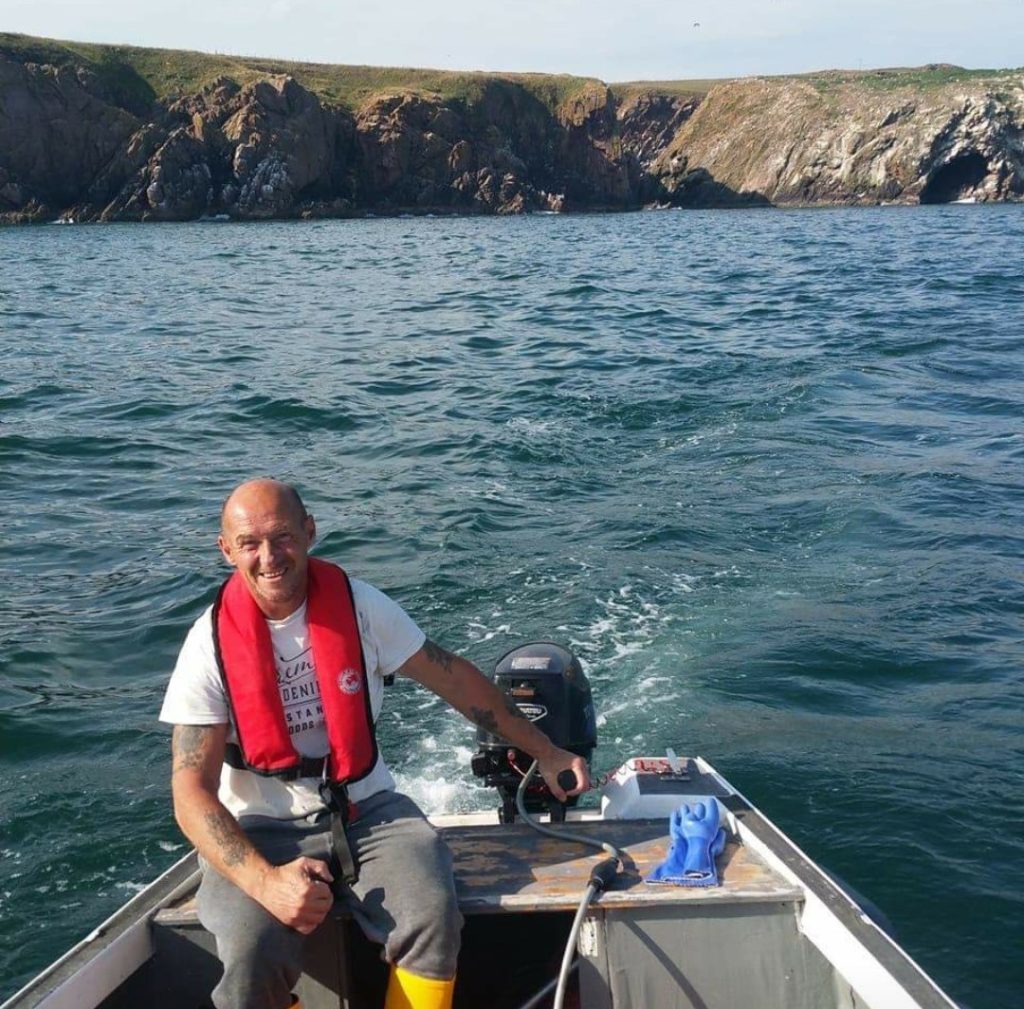
As each year progressed, I felt I was getting better and better, the support from Future Pathways helped me in so many various ways. It helped me trust institutions again which I would never have thought possible due to my past.
Now I have reached a point with my Support Coordinator here today, I feel it is now the time to break away from the service. I want to thank you all for the support through a number of challenges, from my physical health decline to help accessing counselling and other supports for my mental wellbeing.
I can’t believe how much I have moved on from being an angry person to the polar opposite. I now feel like each day I am becoming more and more positive. My Spina Bifida could very well be the result of the physical beatings I received in my youth – but again Future Pathways got me in touch with a clinic in Edinburgh which helped with the diagnosis of this. As a result, this allowed for me to prepare and begin to manage my life accordingly.
I mean this with complete sincerity, I don’t think I would have been here now if it was not for Future Pathways. Now it is my time to move on and let someone else get the support which I have been so thankful for.
All the best,
Sandy Sutherland
Roberto shares his photographs with us. Here are his outdoor trips to great locations.
Future Pathways supported Roberto in his goal to have more time out of his busy life. He had thought about his needs and knew that he had a passion for time outdoors. He was keen to make sure he could still go biking and camping in the winter months. This freedom would help his mental health.
But, he knew he did not have the right equipment. So, Future Pathways supported Roberto to get a new tent. This means he can now take time out anytime during the year, even if it is cold. This has helped to boost Roberto’s mental health.
Roberto completes his trips with a good friend. This gives him time to talk with someone who understands him and it allows their friendship to grow. They especially like visiting Orrin Dam and Lochan Fada.
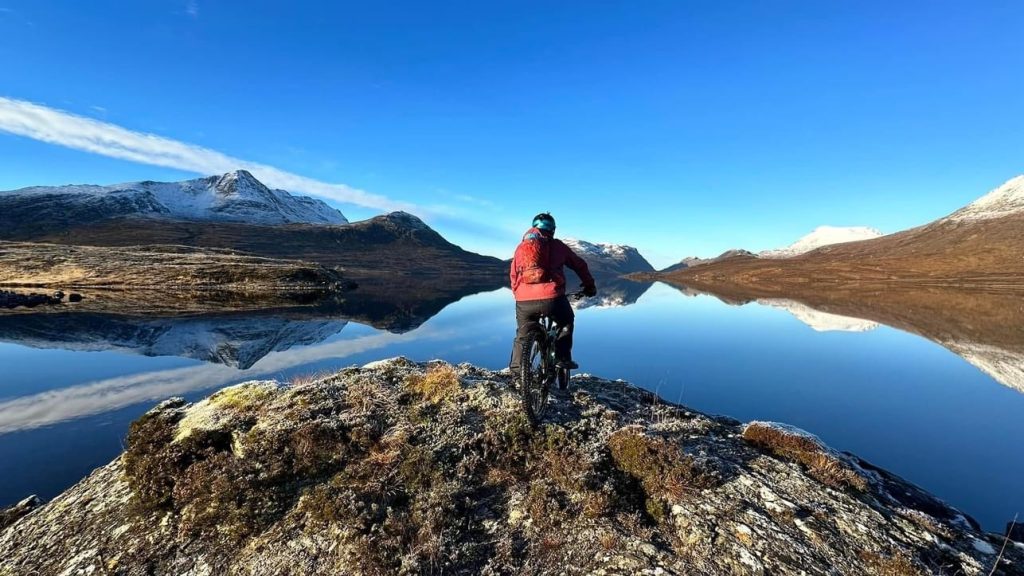
Above: Lochin Fada
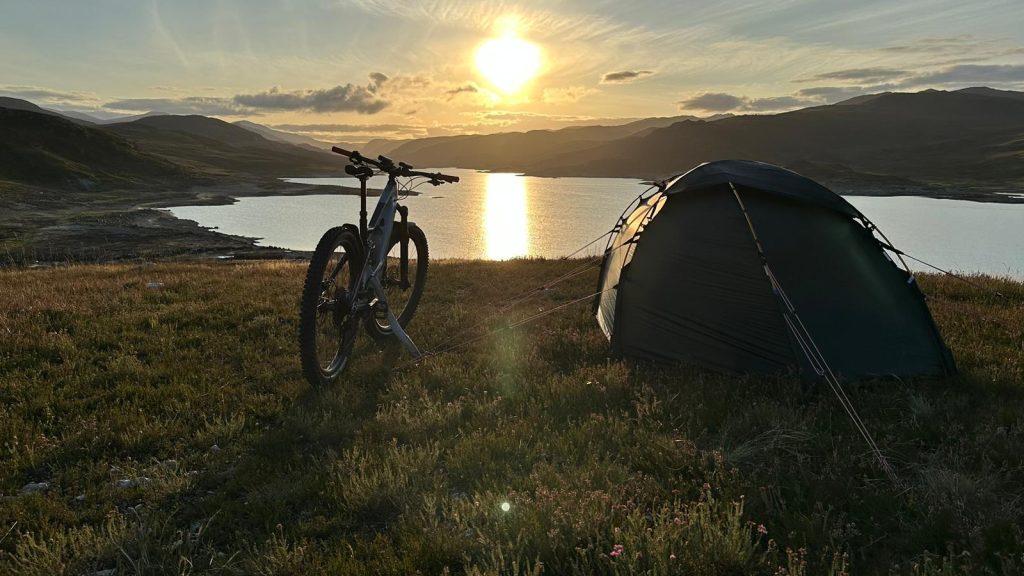
Above: Orrin Dam
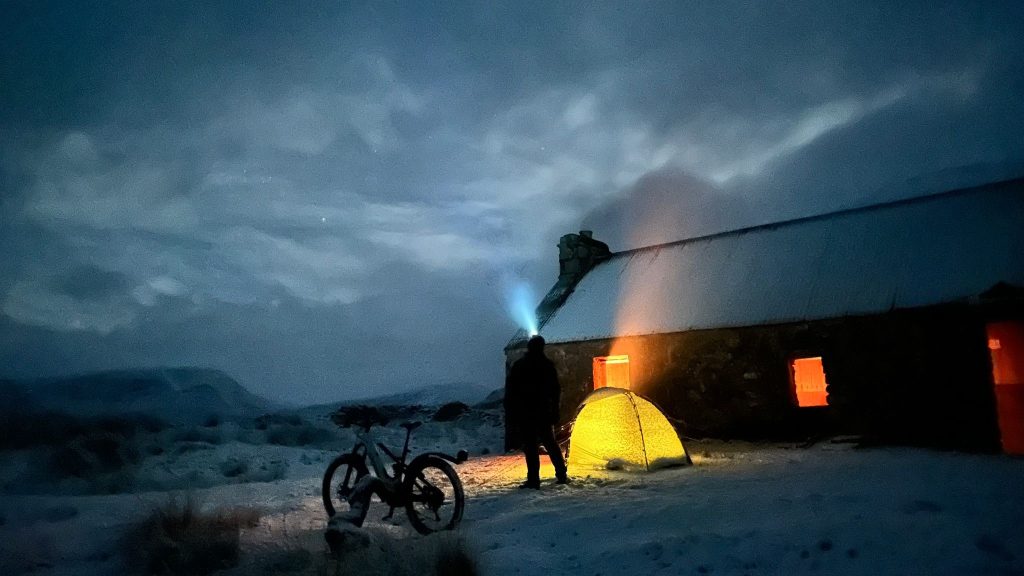
Above: Loch Vaich
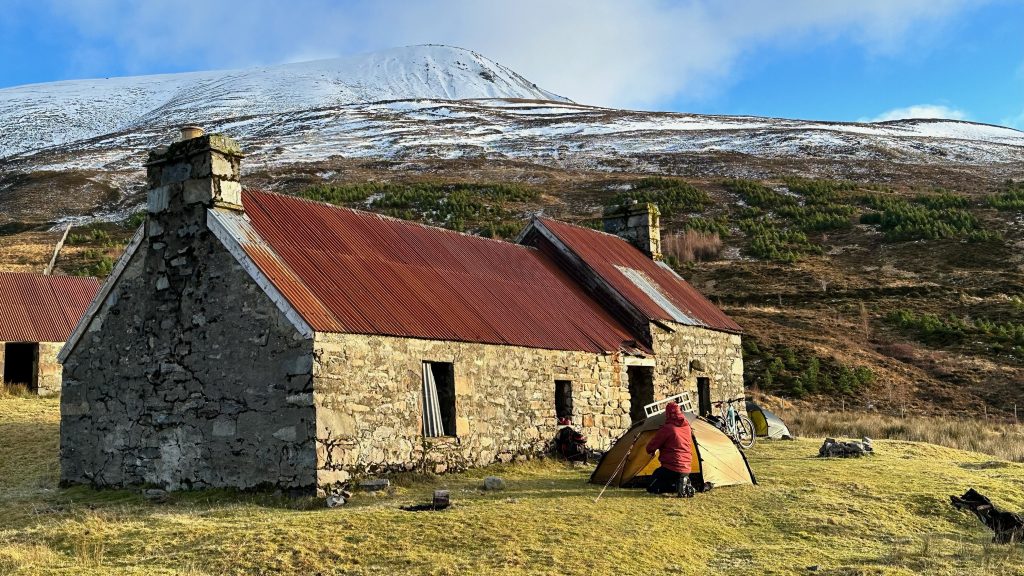
Above: Loch Vaich
Trevor, one of the people we support, would like to share his book with you. It is called ‘Knocking on the Wall’.
Future Pathways supported Trevor to write his book in 2019. In the book, Trevor describes the different times of his life. He writes about the time with his family and also his life after leaving care. The book includes his time as a child in care homes.
Trevor wanted to share his own record of his time in care. And he wanted to explain the impact it had on his life. Trevor talks in his book about his experiences, thoughts and feelings.
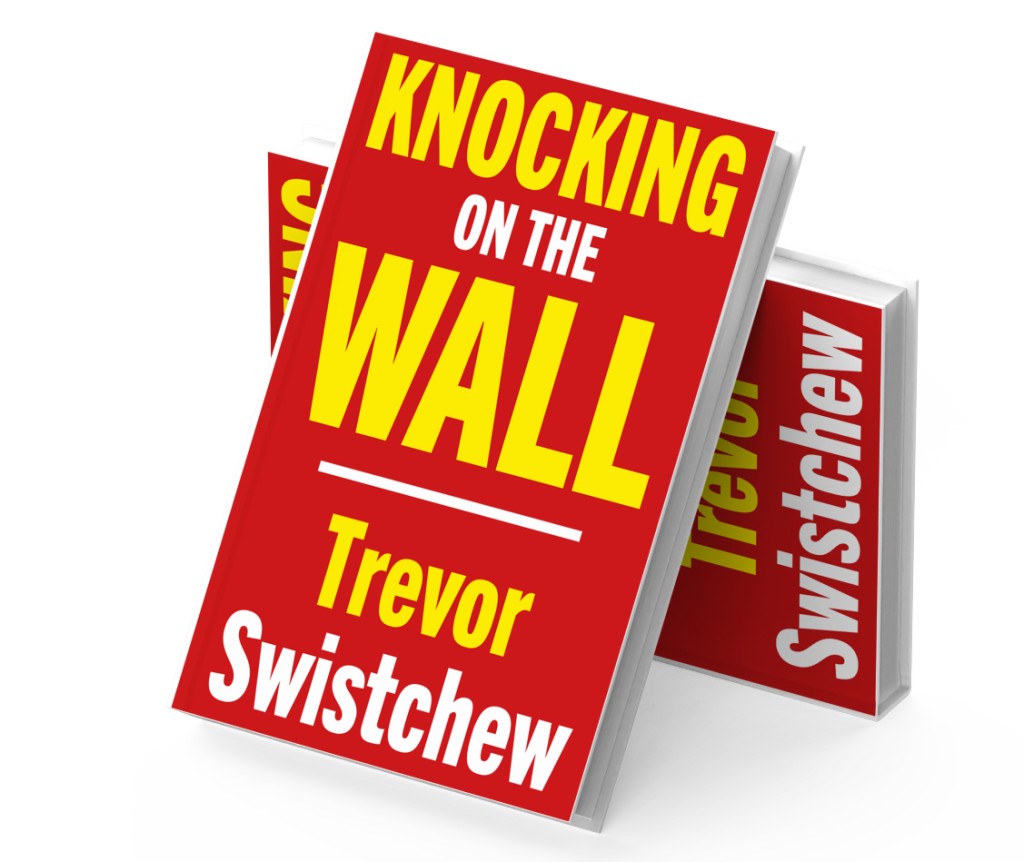
It was important for Trevor to write his book. It gave him the chance to get his thoughts down on paper. He also wanted to make sure other people knew his story and he thought it might help them too.
The book includes some of Trevor’s poems. We have included two of them below.
If you would like a copy of Trevor’s book for free, he is happy to share it over email. You can ask for a copy by emailing Trevor at t.swistchew65@gmail.com or by emailing Future Pathways at engagement@future-pathways.co.uk.
Please note that the book does mention some instances of abuse.
LISTEN
Listen –
When it is dark
The sun is shining
When it is light
The sun is shining –
Always.
FREEDOM?
It is not bars a prison makes
It is what is in your head.
For each constructs within the mind
Their walls and locks and chains.
If you can look just for a while
At the views that you believe
You will start to see it is yourself
Whom you yourself deceive.
Freedom in the true sense
Is the end of all self-illusion.
Walk in love – harm no one.
We have been working with Angus. He has a very interesting hobby. He takes photos using a drone. Then he changes the images so that they look like paintings. Here are four examples of Angus’s work, and a few words from him about how it is done.
“It all started because I wanted other people to come and film the cricket field near where I live in Canada. I found myself saying ‘somebody should’. Every time I find myself saying ‘somebody should’, then usually that is a signal to say, ‘you’ll have to do it yourself’. And then when lockdown happened, I thought, well, here is an opportunity to get a drone and learn to fly it. Future Pathways helped me to get some training and certification.
At first, I thought that if I could combine beautiful landscapes with classical music, it would make some spectacular videos. Because it is a very different perspective when you are 100ft up in the air. And then I started to create some still images by taking parts out of the drone videos.
Then, because I was interested in old travel posters, I learned how to remaster images and how to blow them up large. And then from that, I figured out how to transform pictures digitally.
So, by combining all these things, I managed to create a type of art which I was not originally able to do.
I love taking the drone on holiday with me too, particularly to France. Every three metres, there’s something extraordinary to film!”
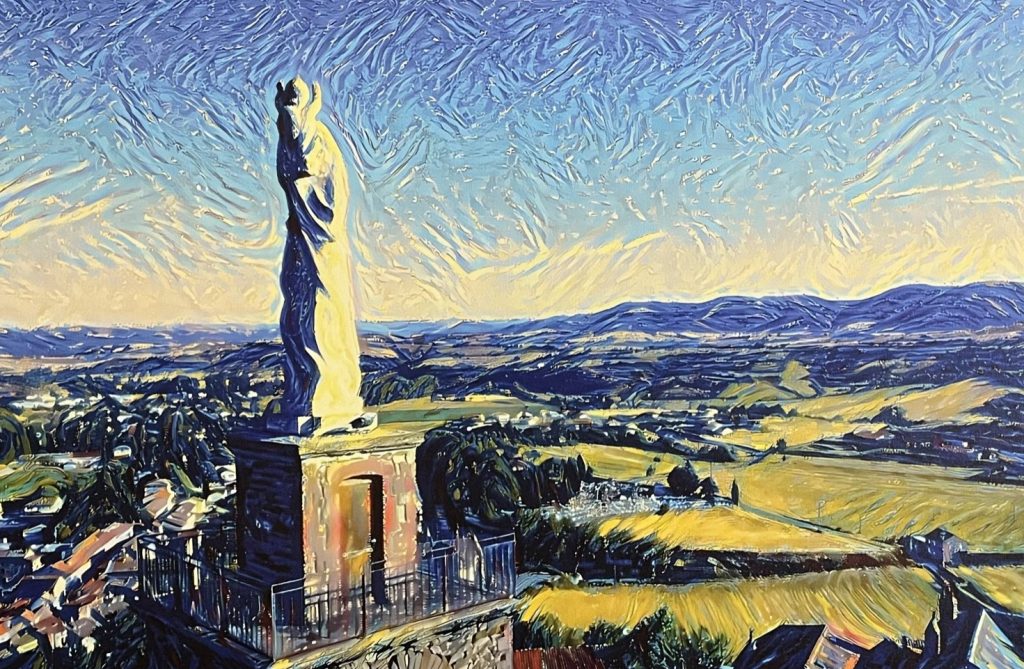
Above: Notre Dame de Camarès in the Sud Aveyron, France
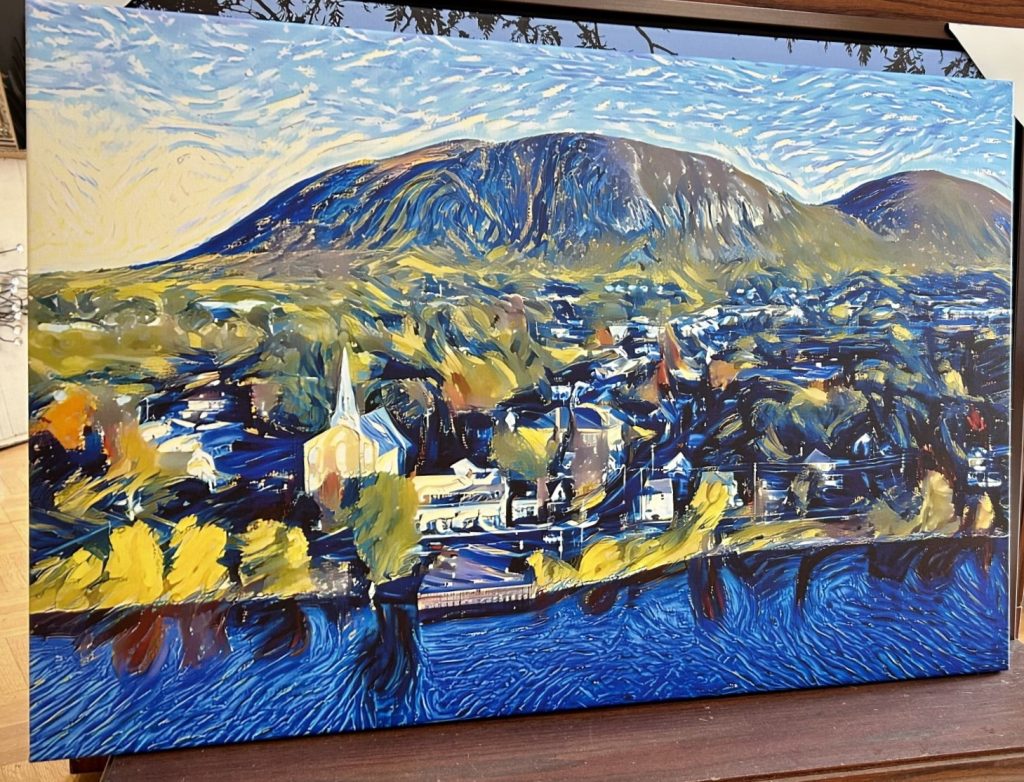
Above: Mont-Saint-Hilaire and the river Richelieu, Québec
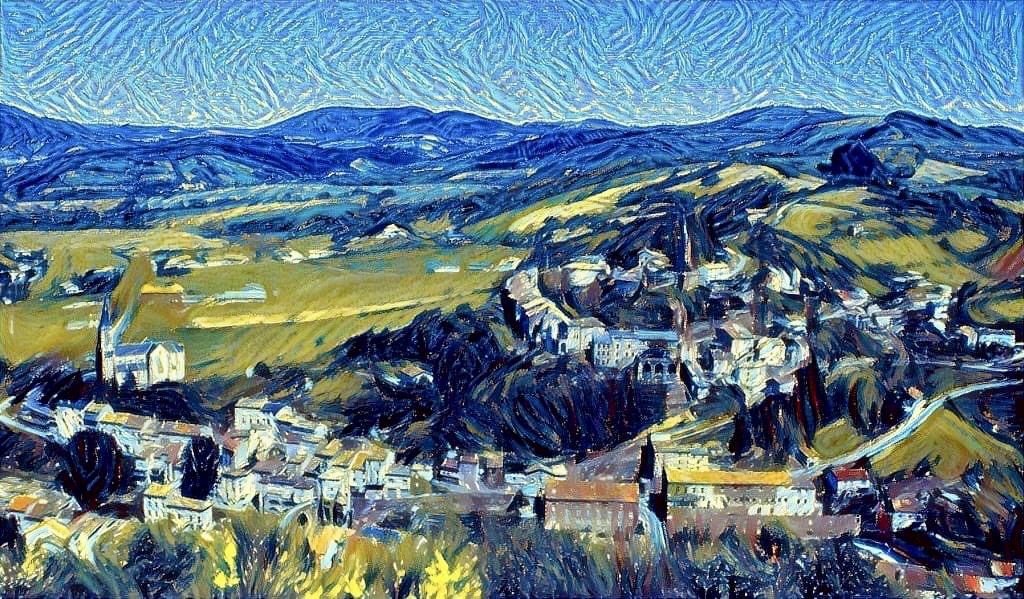
Above: Camarès, Le Balcon du Monde, France.
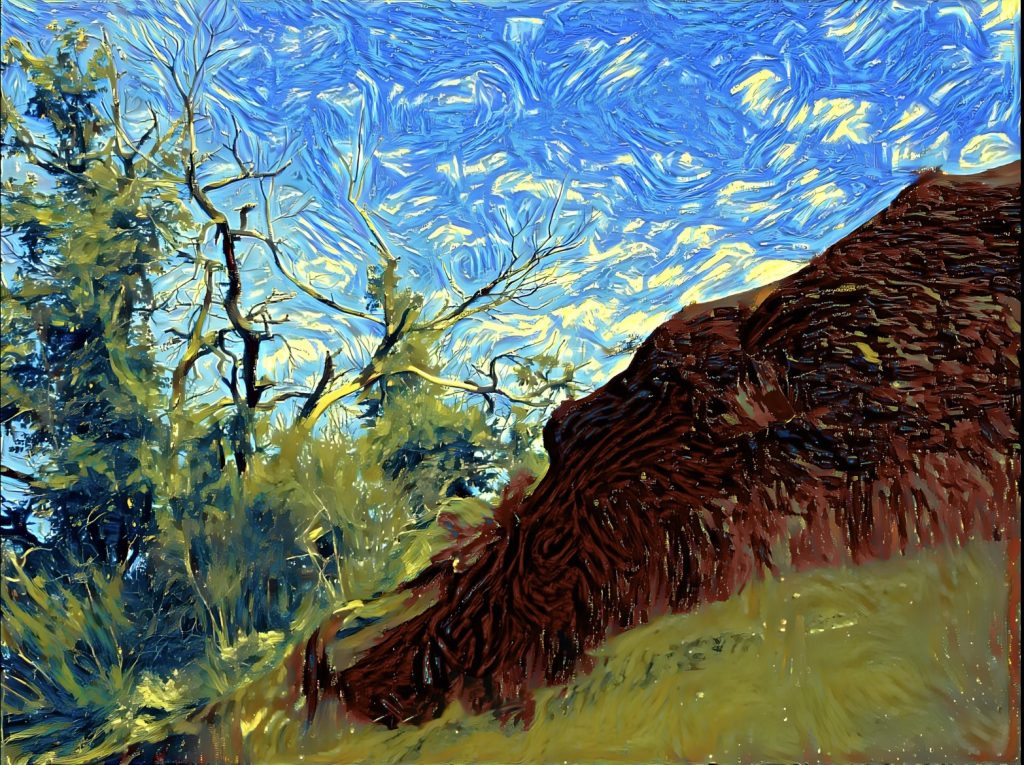
Above: Le Rougier de Camarès, France.
Angus has taken his love of art and vintage posters and created an online shop, shipping his prints all round the world. If you would like to have a look, the website is www.iwantitonmywall.com
Marie-Anne, who we work with, wrote this article for us about her recovery
journey, and how we are helping her to get a University Degree in Criminology.
My name is Marie-Anne. I first became involved with Future Pathways to help find my care records and piece my life together. I don’t think I was fully prepared for the rollercoaster that would be presented with once I received my records and realised that I was definitely in fact a survivor of multiple childhood traumas.
I became homeless for quite a number of years and didn’t address the trauma until I reached my late 20s. By then, I had enduring mental health difficulties.
That being said, I don’t regret knowing what had happened to me in early childhood and teenage
years. It did take more than a decade though to take back my life and own my own journey.
I started with an amazing mental health charity that helped me to slowly regain my self-esteem.
I then found an organisation called Venture Scotland, where I took part in a personal
self-development outdoor adventure programme. That took nearly two years.
Eventually, I became involved with Future Pathways. I may be biased, but they became my
absolute heroes. I don’t think I would have had the chance to reach my full potential through
learning, education, and self-discovery, if it wasn’t for the all the support and encouragement from my coordinator Suzie and from Future Pathways as a whole.
My dream was to study Criminology and Criminal Justice, as these have been my absolute passion for as long as I can remember.
With experiencing abuse and trauma in my past, I also wanted to reclaim my life and regain some form of empowerment.
So, I started a BA (Hons) Degree in Criminology with The Open University in Scotland. So far, I
have completed four years and graduated with a Diploma of Higher Education in Criminology. I
still have some way to go though: I have two more years left before I complete my honours
degree.
This journey I have been on has been emotional, enlightening, difficult, brave and motivational.
I really don’t know where I would be in terms of my self-worth and growth without the massive
contribution from Future Pathways.
Ashley created these images especially for our December newsletter.
She said: “I’ve loved art ever since I was a child, but after leaving school I never really picked up a pencil until lockdown. Then I got into painting at home, with the help and support of Future Pathways. I recently started an online art course. I am learning so much in this journey, namely patience. I am the type who likes it done as quick as possible, but I know a realistic picture isn’t going to take less than 20 or 30 hours. I made these three art pieces over 5 days (no mean feat).”
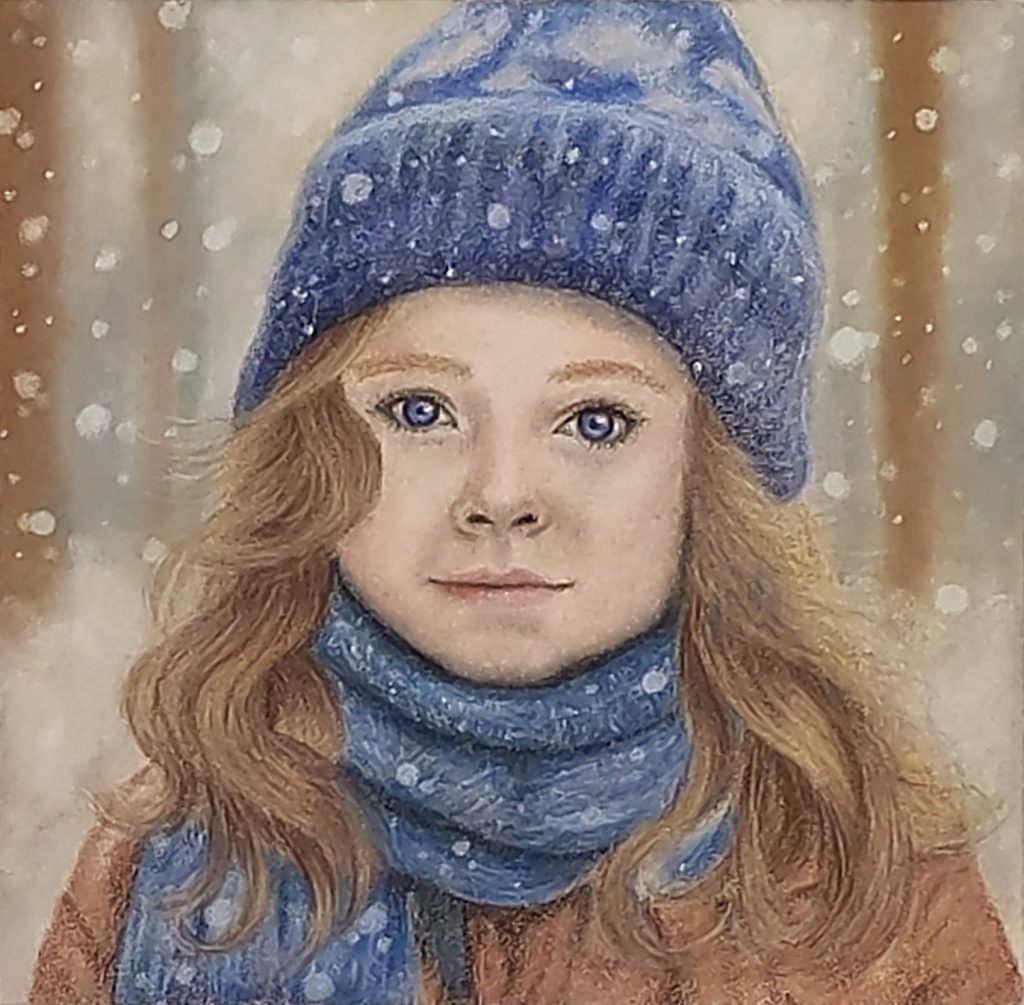
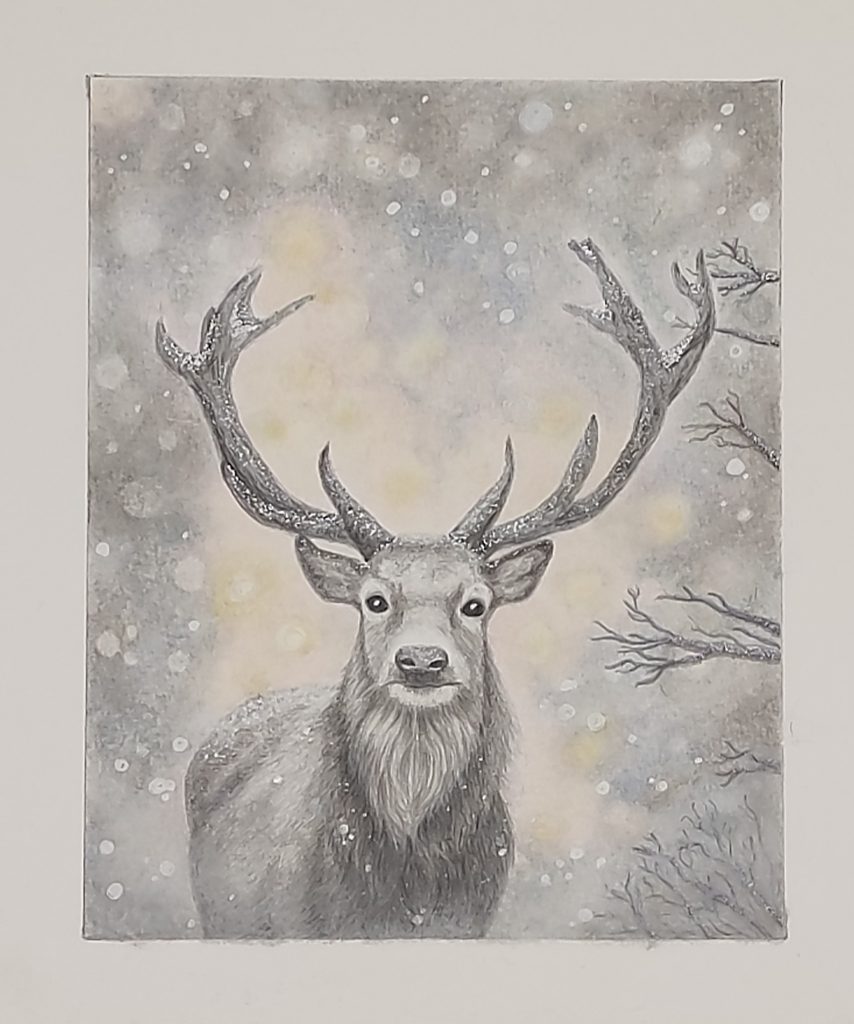
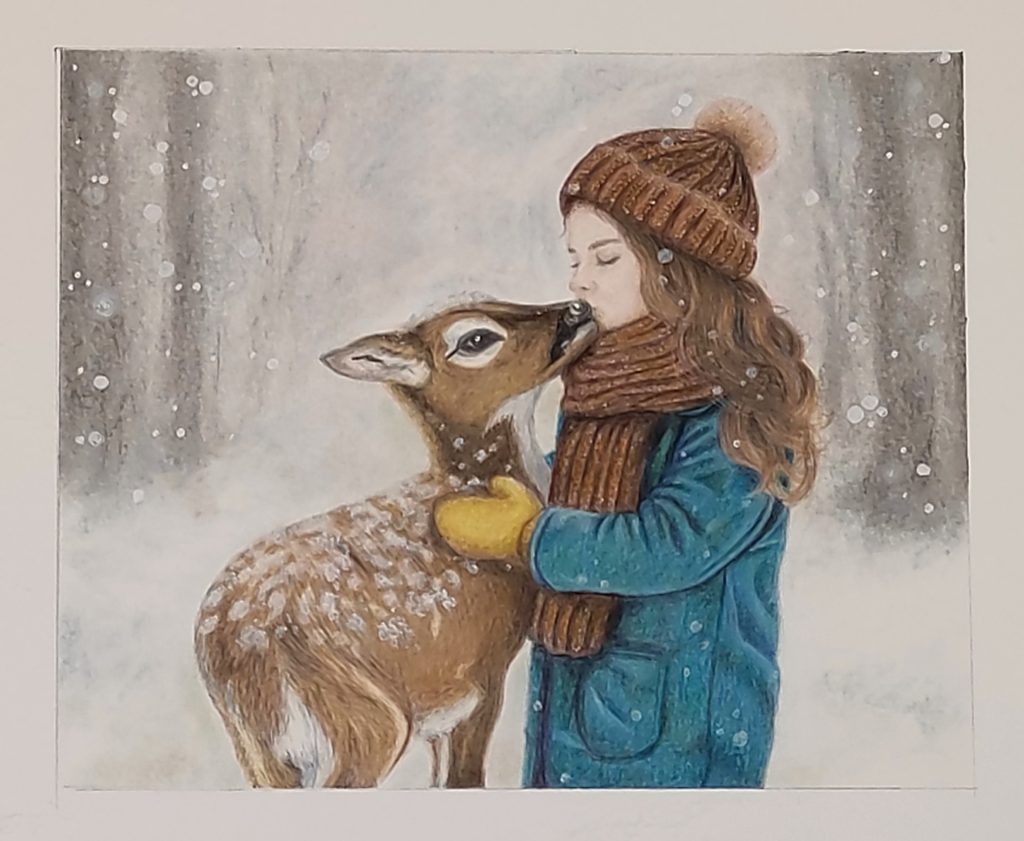
Pat shares his photographs with us as part of our Winter newsletter.
Pat says: “Two pics at Fort William, Scotland, and one of my dog Chong with Hector the turtle.”
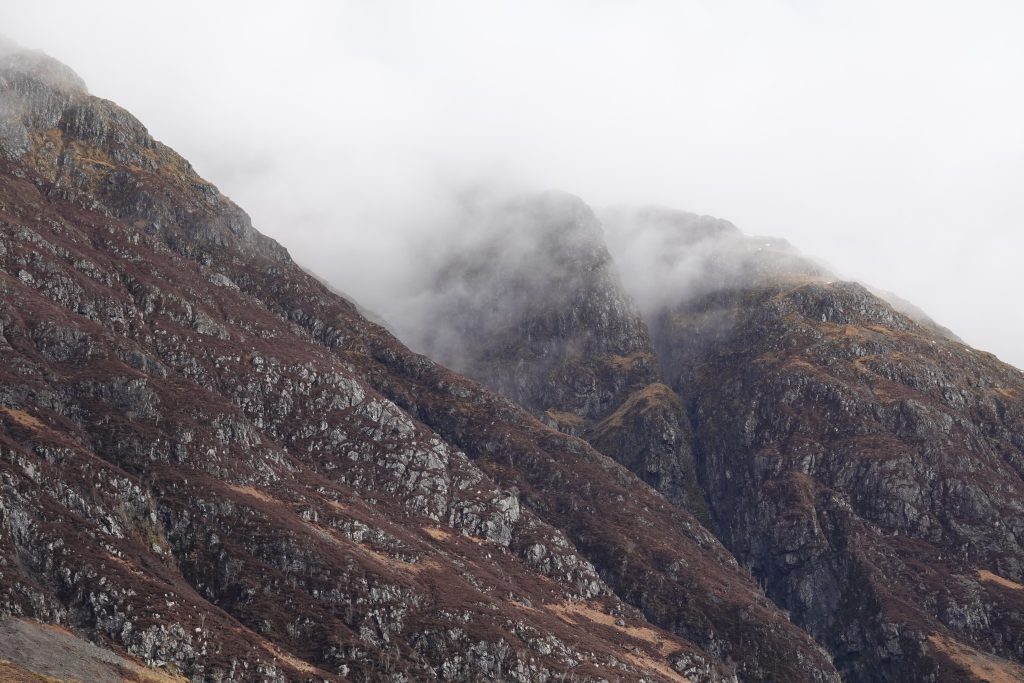
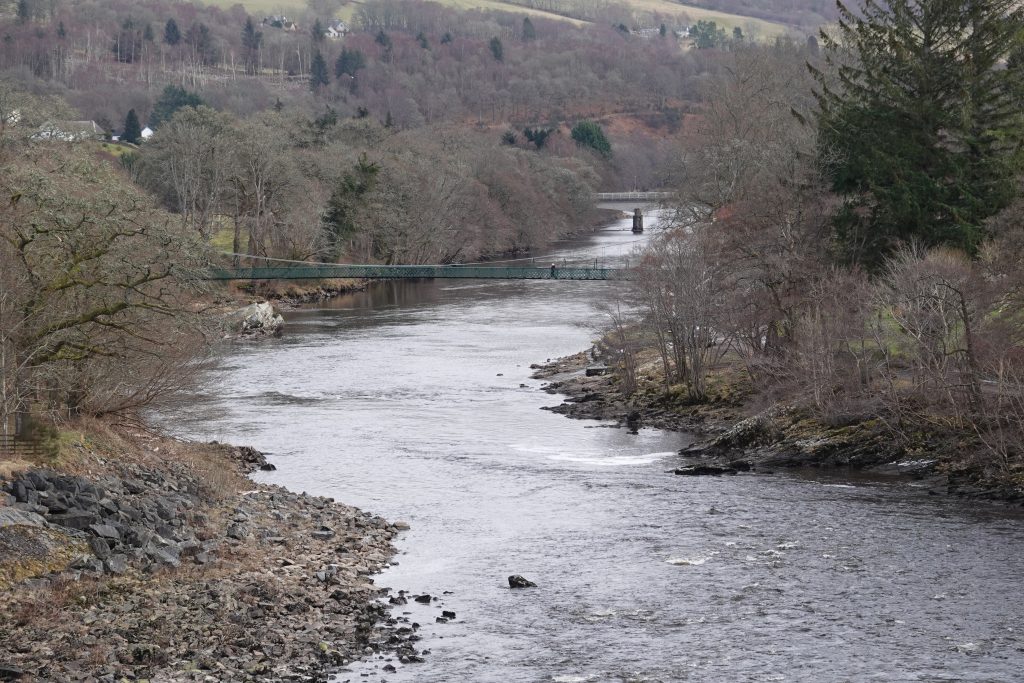
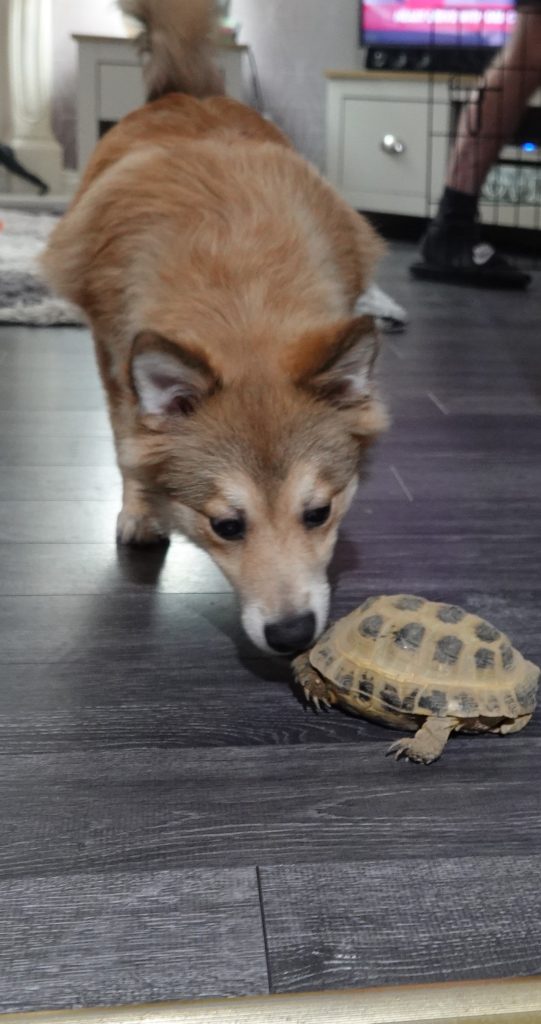
Yvonne shares her pottery creations with us.
“I recently participated in my first pottery course. I found it to be very therapeutic and being able to express my creativity via pottery has proven, as a beginner, that I have a natural flare for it. I thought I would share my work with you. Here are pictures of my creations, one of which is a Future Pathways mug.”
Lauchlan shares his paintings of the people and places of Glasgow.
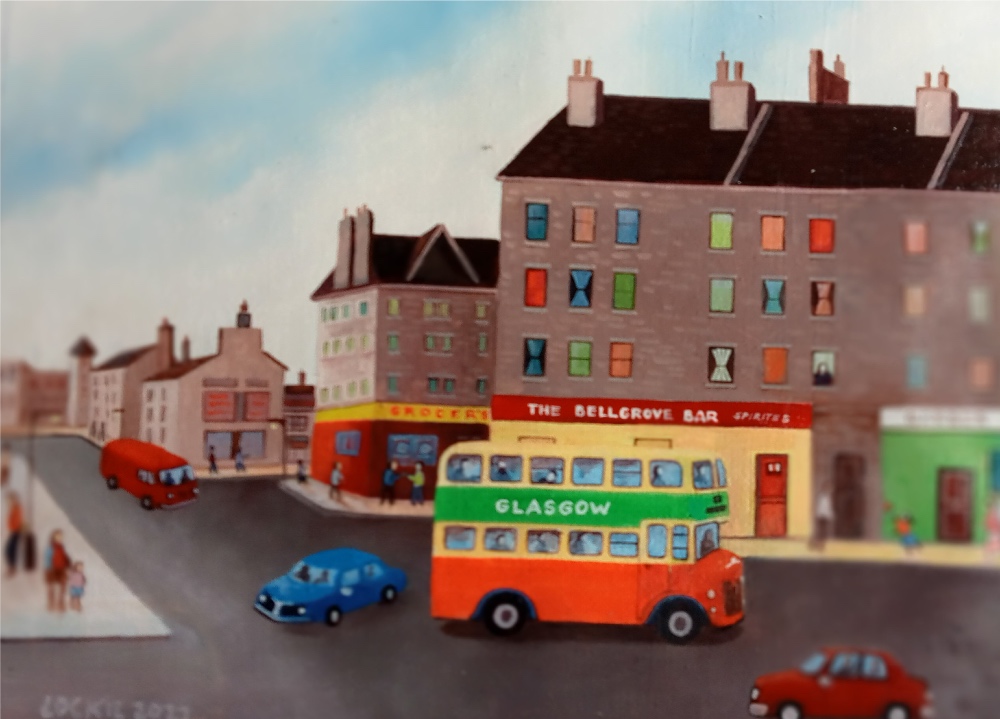
‘Bellgrove street in the east end of Glasgow where I used to hang around as a teenager.’
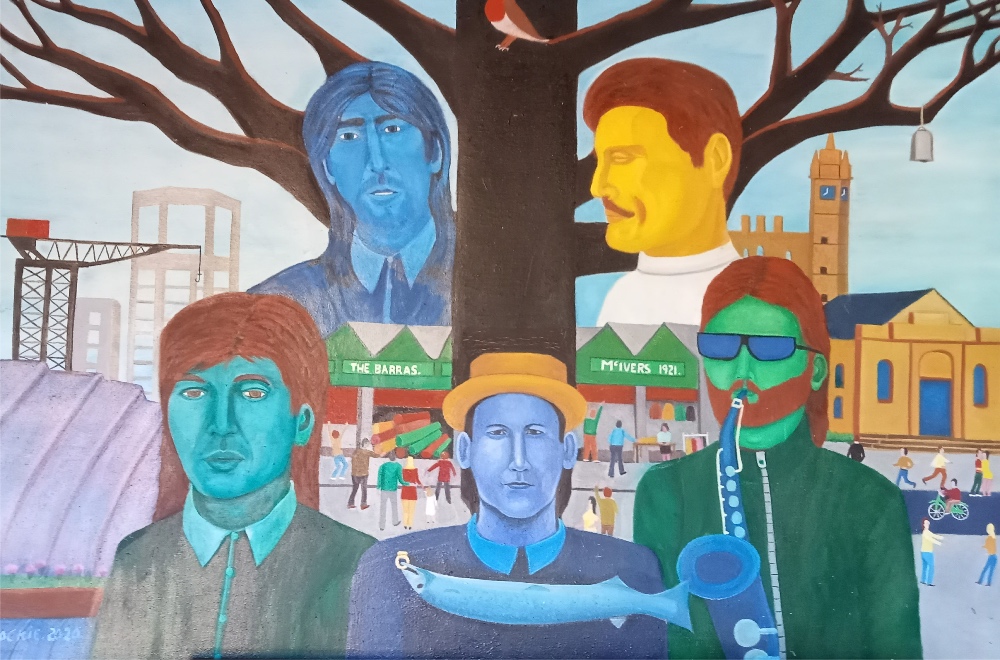
‘Picture of the band Scheme. The tree has the Glasgow coat of arms. In the background is some of Glasgow landmarks – Glasgow cross, the Barras, the Royal conservatory.’
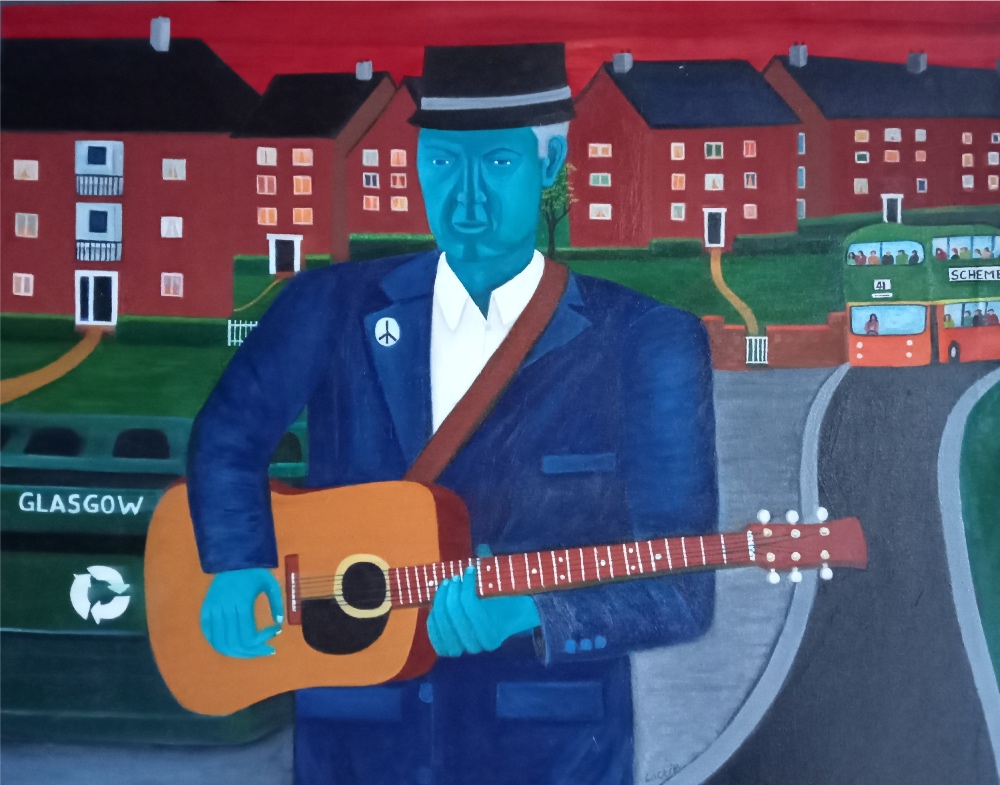
‘Denny Oliver – lead singer and songwriter of the Glasgow band called Scheme. The painting is in the Scheme of Easterhouse. Denny has also passed away. Mr Oliver wrote and sang songs that inspired the youth and his songs often touched on political issues of the day. Mr Oliver also worked voluntarily teaching guitar and piano to the homeless.’
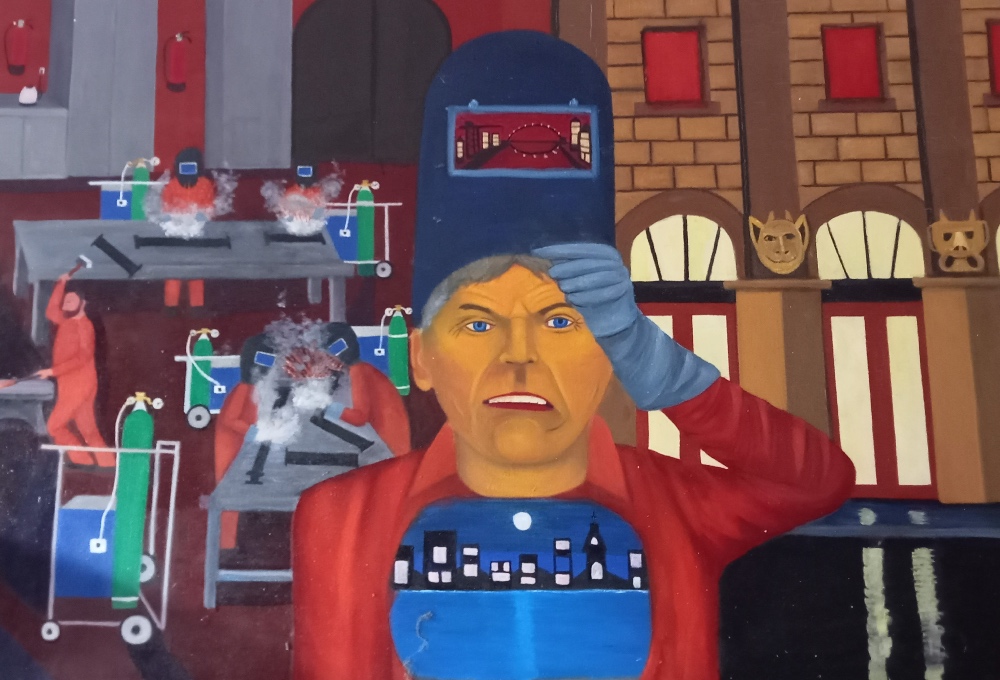
‘My friend Robert Fullerton sadly now passed away.’
